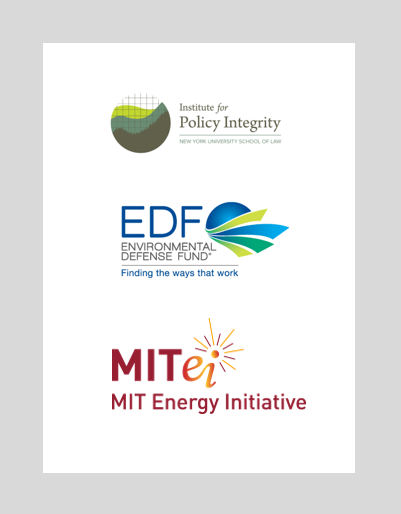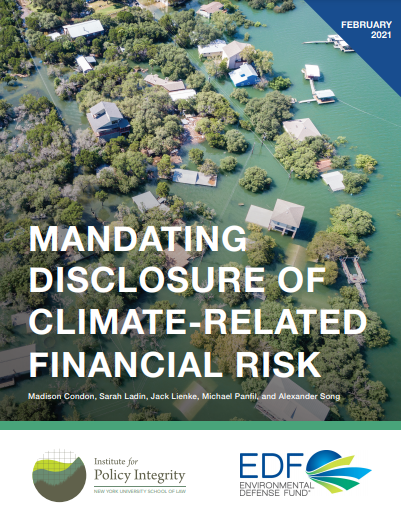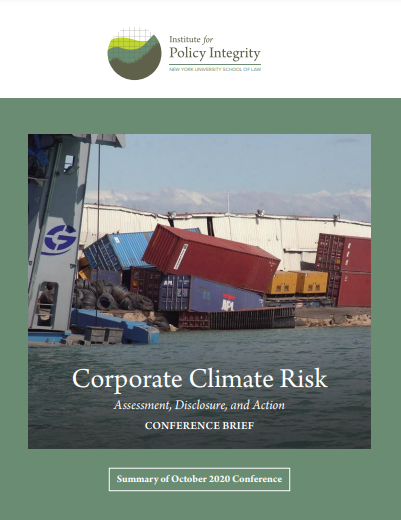-
Retail Electricity Tariff Design, Distributed Energy Resources, and Emissions
In this paper, we use an economics-engineering simulation model to analyze how different types of residential retail tariff designs such as time-of-use, critical-peak pricing, and fully cost-reflective tariffs affect DER deployment and use, and, hence, the resulting emissions of CO2, SO2, and NOx in the Commonwealth Edison service territory in Chicago. Our results show that in the short term retail tariffs can help or hinder environmental goals through their effect on DER deployment and consumption behavior, emphasizing the importance of pairing DER policy initiatives with decarbonization efforts at the wholesale electricity level.
-
The Role of Electricity Tariff Design in Distributed Energy Resource Deployment
This paper simulates the effect of more advanced residential electricity tariffs on household adoption of distributed energy resources (DERs). We find that tariffs that are more time variant lead to greater reductions in coincident peak demands than flat volumetric tariffs, both from load shifting as well as from adoption of DERs. Regarding the effect of electricity tariff design on DER investments, we find that at current DER purchase costs investments in rooftop photovoltaic (PV), batteries and natural gas distributed generators are not privately optimal under any of our tariff design scenarios based on current cost levels for electricity and gas in the Chicago study area.
-
Rate Design and Distributed Energy Resource Integration: Impacts on the Environment and Distribution System Costs
This project looks at the effects of different retail tariff designs on the deployment of distributed energy resource (DERs), and their subsequent effect on pollution, electric system costs, and customer bills. We use smart-meter data and techno-economic models to simulate the effects of more granular and cost-reflective tariff designs on DER investment and use.
This project is supported by the Alfred P. Sloan Foundation, and is a collaboration between the Institute for Policy Integrity, Environmental Defense Fund, and the MIT Energy Initiative.
-
Mandating Disclosure of Climate-Related Financial Risk
Climate change presents grave risk across the U.S. economy, including to corporations, their investors, the markets in which they operate, and the American public at large. Unlike other financial risks, however, climate risk is not routinely disclosed to the public. This report, authored by Policy Integrity and the Environmental Defense Fund, urges the Securities and Exchange Commission to issue new, mandatory disclosure rules focused on climate risk.
-
Corporate Climate Risk: Assessment, Disclosure, and Action
Conference Brief
On October 2, 2020, the Institute for Policy Integrity and the Volatility and Risk Institute at NYU Stern School of Business convened a conference bringing together investors, companies, researchers, and regulators to discuss climate-related financial risks and identify opportunities to better assess, report, and act on them. This brief summarizes some of the major points of discussion from the conference, which featured different perspectives on various policy, economic, and legal issues.
Viewing all publications in Climate and Energy Policy



